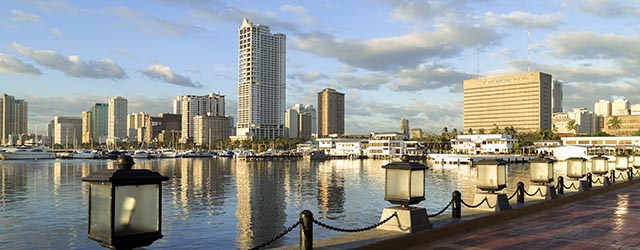On May 9, voters in the Philippines will elect a new president amid growing concerns over whether the strong legacy of president Benigno Aquino III will continue.

Under Aquino, who is constitutionally barred from running again, the country has been one of Southeast Asia’s best-performing economies. GDP growth averaged 6.3% a year over the past five years—that’s 1.8 percentage points higher than in the previous five years. It represents a bigger improvement than any other country in the region has experienced, according to research consultancy Capital Economics.
Aquino has won praise for tackling entrenched corruption, attracting investment-grade credit ratings and boosting foreign direct investment. Yet despite his achievements, a recent $81 million money-laundering scam has rekindled the country’s fears about corruption. His anointed successor, former Interior secretary Manuel Roxas II from the ruling Liberal Party, is trailing in polls; many voters see him as elitist.
Filipino voters revel in the cult of personality, and the ebbs and flows of the country’s political campaigns mean election outcomes are notoriously difficult to predict. Among other candidates, senator Grace Poe has scored highly in polls, despite attempts to bar her from running with claims that she fails to meet the 10-year residency requirement. Recently, the controversial former mayor of Davao City, Rodrigo Duterte, has surged in the polls for his uncompromising approach to law and order. The possibility that Duterte may emerge victorious has fueled concerns of renewed political instability.
“Duterte has vowed to rid the Philippines of corruption and crime in the first six months and insinuated he will do so via the use of extrajudicial killings,” says Zachary Abuza, a professor at the National War College in Washington, DC.
The current vice president and former mayor of Makati, Jejomar Binay, also has widespread grassroots support, but his campaign has been dogged by claims his administration was corrupt, which he denies.
Corruption is a major worry for investors at a time when many are critical of the complexity of investing in the country. The ease with which $81 million was laundered through the banking system and casino sector has also shocked analysts. The Paris-based Financial Action Task Force said as early as June 2013 that it had “raised concerns regarding the absence of anti-money-laundering and counter-terrorist financing measures for the casino sector. The issue today is far from solved.



